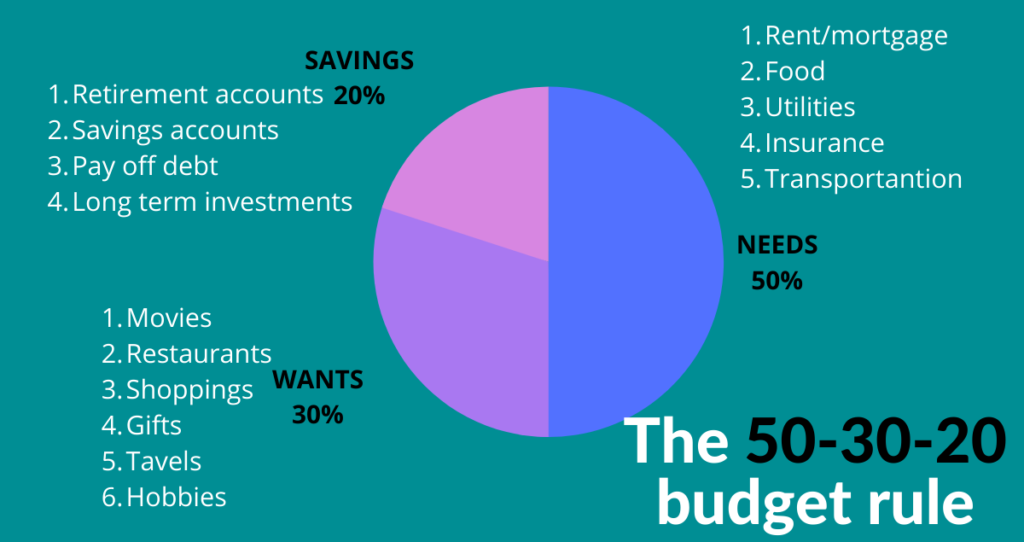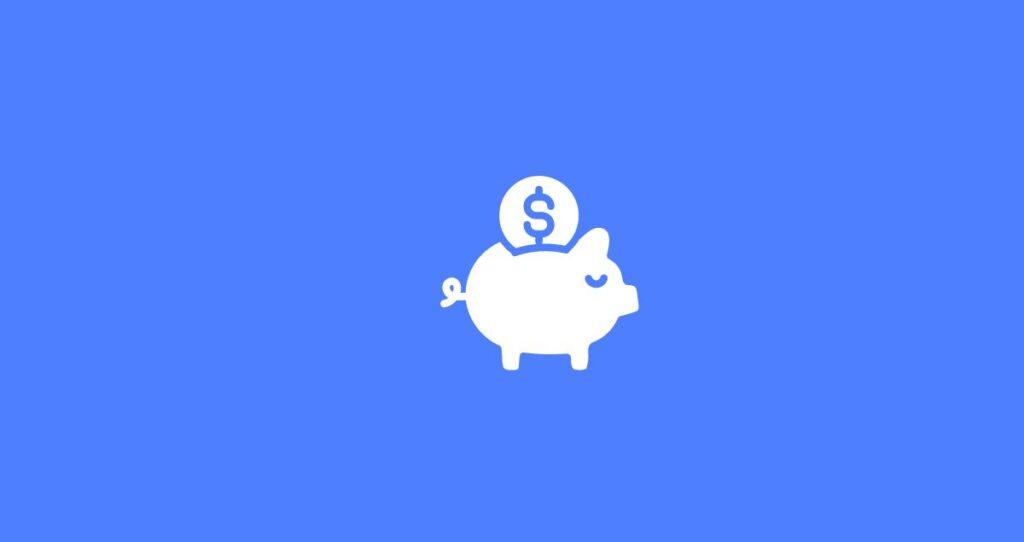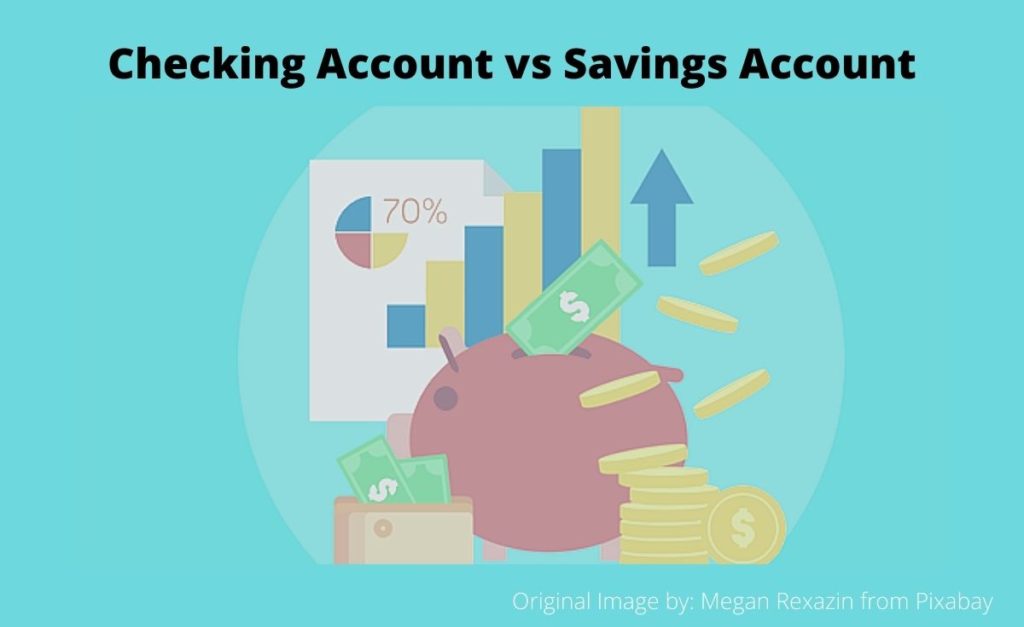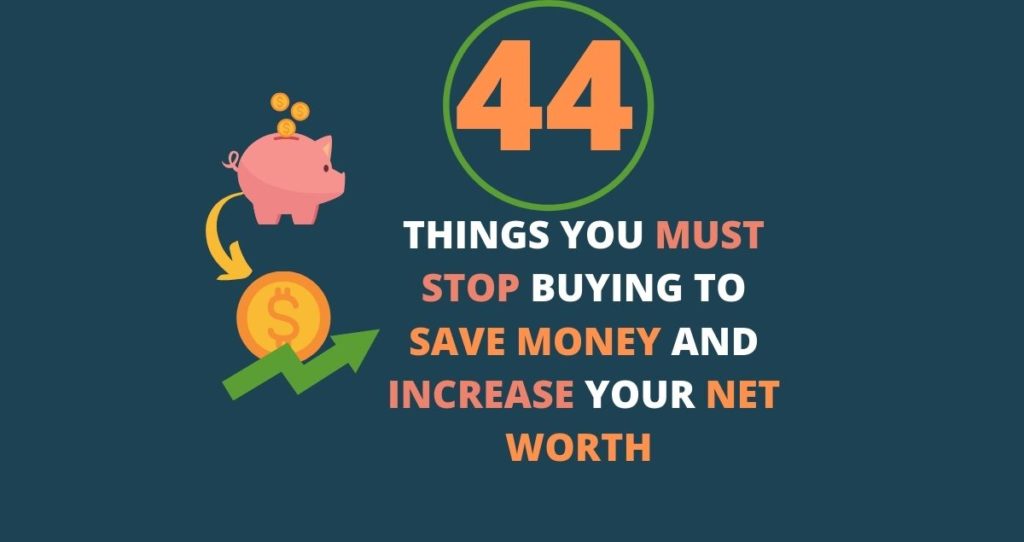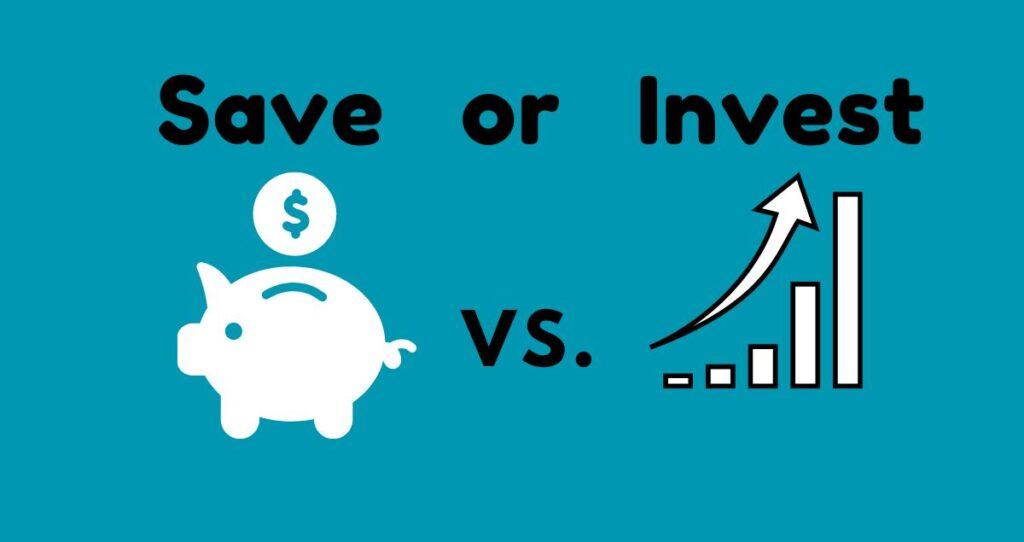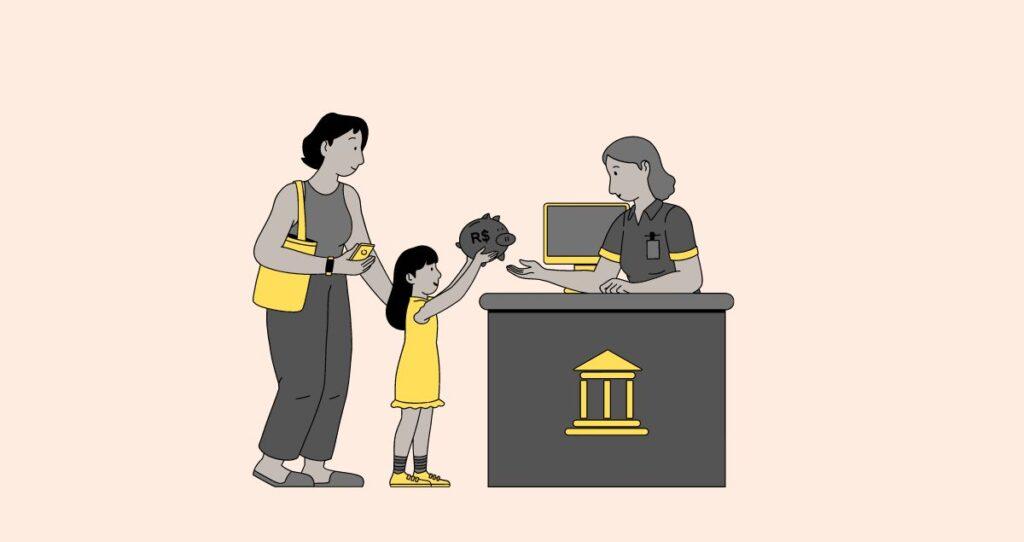Everyone dreams about achieving financial independence, retiring early, and doing all the things they ever wanted to do. In reality, only a few individuals realize this financial dream. Most people work their entire lives, never get ahead financially, and eventually die poor. This does not mean you have to be born with a silver spoon to reach financial independence. In fact, most wealthy people are self-made, which means that you can do it, too.
If you don’t have a penny to your name and want to build wealth from scratch, how can you do it? Can you really achieve financial independence and retire early if you are currently living paycheck to paycheck? The answer is yes, you can, and this article will show you exactly how to do it.
In this article, I will show you 15 easy steps to reach financial independence and retire early. You don’t have to be a financial expert or make a six-figure income to build wealth and lift yourself out of poverty. All you have to do is follow the financial tips I will give you.
Without further ado, let’s get started.
1. Create extra sources of income
Due to income limitations, achieving financial independence is often regarded as an impossible goal for millions of people. For example, retiring early seems like ages away if you only make $50,000 a year. With this salary, you won’t have much left after paying taxes and all your bills. The only way to speed up your journey to financial independence is to increase your income by getting a promotion at your current job or simply looking for another job that pays more. The more money you earn, the more extra cash you get for your financial goals, such as investing or paying off your debts.
If you cannot boost your current income, consider creating extra sources of income. Extra sources of income are more effective in boosting your wealth and helping you reach financial independence because you can easily make extra cash in your spare time. For example, if you like reading books in your free time, you can take on a book review freelance side gig, book editing, or proofreading side hustle. Here are six different ways to get paid to read books if you want to get started.
If you like pets, you can easily get paid to walk dogs in your neighborhood. The fact that you like pets will not make you feel like you are doing another job. On top of side hustles, you can start putting your money to work by investing instead of keeping it under the mattress. By investing your money, you will get paid dividends and interest and enjoy stock growth. All these gains help you reach financial independence faster and retire early.
Having multiple income streams also gives you a competitive advantage during economic uncertainties. For example, if you get laid off, your side hustles will help you pay your bills until you secure another job.
Related posts.
- 12 tips to get a raise at work and be promoted fast
- 20 easy ways to make money from home in 2023
- 49 easy ways to make money fast: A complete guide
2. Pay off your debts
If you did not know it by now, debt is one of the biggest reasons millions never achieve financial independence. This is because every debt you carry comes with costly interest charges. For example, if you carry a large credit card balance, you will pay 24.46%% APR, the average APR for credit card accounts, according to LendingTree. If you have $10,000 in credit card debts, you will pay around $2,446 per year in interest charges alone. How will you build wealth and become financially independent when you pay this much interest on your loans?
It is like you are being robbed!
Guess how many investments consistently pay a 24% return on investment? The answer might shock you. There is no single investment that can offer you this return. Let’s face it. Stocks return about 10%, which is the historical return of the highly praised S&P 5000. Bonds return about 4% to 7% on average. Real estate varies, but you do not consider consistently making more than 20%. Deposit accounts give you a fraction of a point, with 1.79% being the APY for a 12-month CD, according to the Federal Deposit Insurance Corporation(FDIC). The list can go on.
If no company or investment can pay you 20% ROI, why would you be willing to pay that in interest charges? That is why, to build wealth and reach financial independence, you must take matters into your own hands and get out of debt. If you don’t take action, debt alone will cripple you financially for the rest of your life.
If you are ready to pay off your debt and achieve financial independence, the following guide will help you get started.
- How can you use the debt avalanche method to pay off debt?
- How do you use the debt snowball method to pay off debt?
- Six practical ways to pay off revolving debt fast
- How to pay off your mortgage faster?
3. Reduce your expenses
A wise man once said, “Rich people stay rich because they pretend to be poor, while poor people stay poor because they pretend to be rich.”
To achieve financial independence and build wealth, you must watch how much you spend. Spending all your income on things you don’t need will hinder your progress. But if you can manage your expenses, boost your savings, and invest as much as possible, then the route to financial stability will be much faster and smoother.
Are you one of those who try to look rich by driving expensive cars, living in expensive homes, and wearing designer clothes? If that is your current lifestyle, you might need to have these bad financial habits before you realize a major change in your financial conditions. Start buying only what you need and avoid unnecessary spending. Watch how much you spend and budget every dollar. Some people call it living below your means. However you call it, managing your finances is critical to achieving financial independence.
The money you save or invest will depend on what you buy and how much you spend on them. If you buy a lot of things that you do not need, you will end up spending every penny you make. Hence, living paycheck to paycheck. You cannot achieve financial independence if you have nothing to invest or save for retirement.
Related post: 20 clever ways to reduce expenses and increase savings
Tips to cut down your expenses
Using the following strategy, you can reduce expenses in almost every corner of your life. So, before you make the next purchases, consider asking yourself the following questions:
- Do I need this product?
- Is it worth the money that I am spending?
- What could go wrong if I don’t own this product?
- Is there a cheaper product that can perform the same task?
- Can I buy it in the future?
These questions will help you assess the value of that product and whether it is needed or simply an impulse purchase. If you will lose nothing by not buying the product, do not spend your money on it.
Tip: Do not buy something if it is not needed. Also, pay less for what you need.
Here are guides to reduce expenses and boost your savings to achieve financial independence.
- Live below your means with these 11 simple tips
- Eight things to do when you’re running out of money
- Manage your money better in 11 simple steps
- Five reasons why you can’t save money every month
4. Boost your savings
Millions of people never pay attention to saving. If you randomly ask around the streets, many people will tell you that they don’t save because they don’t have savings or see why they should invest. Others will tell you they have too many expenses or don’t make enough money to save.
No matter how much you ignore saving, I hate to tell you the truth. You will never become financially independent if you do not save money. Your financial independence will depend on how much money you save, how you save it, and, more importantly, what you do with your savings. Saving is the foundation of all financial successes, including financial independence.
This is because savings allow you to invest, ace your financial goals, or simply cover unexpected emergencies. Without saving, none of these goals could be achieved.
Related: How to use the 50-30-20 budget rule to save money?
What are the best ways to save money to reach financial independence?
When it comes to saving, some people will have their own opinions. But, some saving strategies outperform others. For example, if you put your money in a jar, you are technically saving it. But keeping that money in a jar will cost you a fortune over time due to inflation.
What if you could put that money into an account that yields 5% APY but also offers the same protection as your jar? In this case, you would earn higher than inflation, which means you would not lose purchasing power. This is called smart saving.
The best way to save money is to put it in different accounts that keep it safe and ensure long-term growth or gains.
Start with retirement savings accounts such as 401(k)s and IRAs. These accounts offer tax incentives, and your money grows over time without paying taxes until you take distributions. You might also get employer matching contributions, which is extra free money. Also, take advantage of other tax-advantaged accounts such as HSAs, 529 college tuition accounts, etc. This strategy allows you to lower your taxes, which is an important step to achieving financial independence.
After getting your paycheck, spend it wisely. Refer to the strategies I mentioned above to lower your expenses. Then, use what is not spent to buy income-generating assets such as blue-chip stocks, stock-based funds, and real estate. If you don’t want to take on high risks, put your money in high-yield savings accounts, MMAs, and certificates of deposit(CDs).
The following are strategies and extra tips to save money and reach financial independence.
- How to save money in 8 steps
- 16 clever ways to save money on utility bills
- 20 tips to save money on car insurance
5. Improve your financial literacy
This is the part that many people don’t want to hear. Most of us finish college and think that we are done with learning. In reality, the real studying starts right after graduation. Financial independence requires a different type of education. Not only do you have to learn how to manage your money, but you also need to know how to invest it and protect it from major losses and excessive taxes. This level of knowledge and skills requires a deep dive into the financial world. You also need a lot of discipline to practice and stick to what you learn.
To achieve financial independence, learn as much as possible in the financial sector. Start by reading personal finance, investing, motivational, and personal growth books. Self-starting books and guides can also be helpful. These books are tailored to boost financial literacy, money management, and growth-building strategies. To boost your financial literacy and improve your thoughts about money, watch financial podcasts and regularly read and watch personal finance videos and newsletters.
Here are my favorite personal finance books you should start with.
- Rich Dad Poor Dad by Robert Kiyosaki
- The Millionaire Next Door by Thoman J. Stanley and William D. Danko.
- How To Think And Growth Rich by Napolean Hill
- The Psychology of Money: Timeless lessons on wealth, greed, and happiness by Morgan Housel
- The Richest Man in Babylon by George S. Clason
Related post: 53 Personal Finance Terms You Need to Know
6. Learn a new skill
The journey to achieving financial independence is not a straight line. You will encounter different obstacles and learn to navigate them. Your current job might no longer be relevant to the market tomorrow. You might also need to boost your income to meet your newly decided saving goals. All these endeavors will require you to learn new skills.
Skills are what make you stand out among the crowd. For example, you can be promoted at your current job because your boss sees that the knowledge you have can help him improve the company’s output.
You do not necessarily have to learn something related to your current job to boost your earnings.
You can learn other skills outside of your work area. Over time, you can use these skills to create your products.
For example, you can learn about programming, launch a social media app or video game, or take on a programming side gig. With a new skill, you can earn money from your job and much more outside of your job. New skills also help you find new ways to earn money without wasting your time. The more money you have coming in, the easier it is to reach financial independence.
If you are looking for different ways to learn new skills, here is a list of websites where you can find free courses about pretty much anything.
Related: Top 7 Best free online learning websites
7. Establish achievable financial goals
A goal is very important when trying to reach financial independence. You need a reason to save and invest money. The financial goals you set for yourself keep you moving when things are tough. This is because to achieve financial independence, you need to work hard, be disciplined enough to save when everyone is spending and build new habits that keep you on the right track. Without goals, you cannot build wealth and achieve financial freedom. Goals differentiate those who succeed and those who struggle financially for the rest of their lives.
Your goals should be achievable in the time you have and the resources at your disposal. Also, it decides what financial independence means to you. How much money do you want to make to reach financial independence? For example, you might reach financial independence when your passive income is $5,000 monthly, assuming that this amount will cover all your expenses.
Know your FIRE number.
FIRE is short for Financial Independence Retire Early if you have never heard about it. Your FIRE number is the amount of money you need to accumulate before you can retire. This number is based on the 4% rule, which is the amount of withdrawal from your retirement savings. The FIRE number is the actual amount you need to save for retirement to safely withdraw that 4%.
To calculate your FIRE number, multiply your yearly living expenses by 25. For example, if your yearly expenses are $50,000, your FIRE number will be $1,250,000($50,000X25). After knowing your FIRE number, you must work as much as possible to get to that number. Once you do, you can either retire and live comfortably at 4% or keep working if you choose to do so.
However, if your lifestyle changes down the road, you will need to recalculate your FIRE and save more money based on these changes.
You might also like:
8. Automate your savings
Millions of people struggle financially, not because they don’t make enough money. Instead, they spend all the money they make on things they don’t need. By spending every penny they make, they usually have nothing left to invest or put into their savings accounts.
Set up an automatic saving to fight spending temptations and take control of your finances. By automating your savings, money goes into specific accounts without touching it or worrying about it. For example, if you have an IRA, have the money moved from your checking to your IRA account automatically every month. Doing so will prevent you from spending all your money or forgetting to contribute.
You can also have portions of your paycheck moved into designated accounts such as an emergency fund, savings account, and another into your checking account. The less you have to make decisions about your money manually, the easier it will be to manage it and eventually achieve financial independence.
9. Start investing
I cannot tell you about achieving financial independence without stressing the importance of investing. While many people think that you can lose money from investing, it is also true that investing is the easiest way to build wealth and retire early.
Simply put, investing is like having your money work for you; there is no limit to how much you can earn. For example, if you have $100,000 cash in a checking account, it will earn you $0 by the end of the year. But, if you put that money into corporate bonds at 7%, for example, you will make $7,000 by the year’s end without having to work for it. Interestingly, it will only take a few minutes to set up the account.
This means that instead of going to work and exchanging time for money, your money did all the work, and you reaped the benefits. This is what investing is about, and you cannot build wealth without having investing as part of your financial strategies. The more of your income you invest, the faster you will build wealth and reach financial independence.
To minimize your risk when investing, create a well-diversified portfolio and optimally allocate your funds.
You might also like How to Invest When You Are Poor with 11 Simple Strategies.
Investment options you can consider, especially when you are getting started
If you are starting investing, here are different investments you can start with.
- High-yield savings account: Your funds will be safe while earning a steady return
- Certificate of deposit (CD): CDs offer more returns than savings accounts. However, they come with restrictions compared to savings accounts, and a penalty applies when you take money out before the maturity date.
- Money market accounts: Money market accounts offer higher returns than savings accounts. They are also more flexible than CDs and savings accounts, but they usually require a higher deposit.
- Mutual Funds: Mutual funds will give you a good return. However, your portfolio could be volatile depending on where your mutual funds invest money.
- Exchange-traded funds(ETFs) and index funds. Similarly to mutual funds, these investment vehicles are volatile but safer than individual stocks.
- Individual stocks can yield more returns than other investment options through dividend payout and growth. However, they are more volatile, and the risk of losing money is exponential. Start with blue-chip stocks that pay higher dividends.
- Rental properties: One of the greatest ways of making extra cash and achieving financial independence is through real estate, specifically rental properties. The bad news is that you will need more capital and may not like the hustle of tenants. You can also rent a room or use the house-hacking strategy if you lack capital.
- Bonds: Bonds offer fixed interest rates until maturity, and you can buy government bonds, municipal bonds, or corporate bonds
- T-bills
- Precious metals such as gold and silver
Related: How to invest without losing money: Investing guide for newbies
10. Live within your means
The concept of living below your means is often misinterpreted. When you mention living below your means, many people think about eating once a day, drinking only water, and skipping a movie or a cookout. While some of these habits might come in handy when you are struggling financially and trying to get back on your feet, they are not the true definitions of living below your means.
Living below your means does not mean giving up lunch to save $5. Instead, it simply means understanding how much you make and carefully regulating your spending. You might need to make adjustments to your lifestyle, but depriving yourself of needs is not good for you.
If you are having trouble cutting back on expenses, imagine being financially independent, then try to answer the following questions.
Where would you go?
How would your house look like?
What kind of car would you drive?
What kind of food would you eat?
Maybe you want to donate some money to your local church
etc.
Knowing who you could be if you were financially independent helps you stay motivated and live within your means. Picture yourself as a successful person and work hard toward that lifestyle. You will be surprised by how much faster and easier it will be to build financial resilience.
11. Stay healthy
The biggest misconception about financial independence is that people think it is all about money. This is false because what goes into your life directly affects your financial stability. For example, if you mistreat yourself, you might develop a life-threatening condition that will cost you all your savings. This means that working on your well-being and staying healthy is equally important when reaching financial independence. You cannot build wealth when every penny you make is being spent to take care of self-inflicted health problems.
When you are healthy, your body functions at an optimal level, which increases your performance. As a result, you solve complex problems in a very short time. You figure out answers faster with less stress.
In addition, you get fewer health problems when you are healthy. Less problem means you save a lot of money on your medical bills.
On the other hand, if you are not healthy, you get a lot of problems such as obesity, cancer, heart, lung, etc. All these problems will eat up every penny you have saved and force you to borrow from the bank to cover your medical bills. Once you are at this level, you are set for a lifetime of financial misery.
If you want to become financially independent, invest your money and time in improving your health. You will thank yourself later.
12. Use a financial advisor
The path to financial independence can sometimes be confusing, especially when you are getting started. There is so much to learn, many investments, and much more. It is also possible that you have a busy schedule, making proper investment decisions even harder.
This is where a financial advisor comes in. You don’t have to do all the heavy lifting on your own when someone is certified with many years of experience. A financial advisor can help you create a portfolio that matches your risk tolerance to maximize your return on investment. An advisor can also manage your investments in exchange for a small fee. In some cases, all you have to do is make investment contributions and never worry about anything else.
13. Build an emergency fund
Taking control of your finances and reaching financial independence requires more than making more money and buying investments. In addition to these financial habits, you must also put protective measures in place to keep your funds safe. One of the safety measures to protect your funds is an emergency fund.
Having an emergency fund prevents you from liquidating your investments at major losses or taking on expensive loans for unexpected expenses. With your emergency fund, you can easily cover expensive medical bills, pay your bills in case of a job loss, or take care of an emergency repair.
For example, if you have a mortgage, you might be unable to afford your monthly payments after losing your job without emergency savings. When saving for emergencies, save between 3 to 6 months of expenses.
14. Focus on long-term
Everyone dreams about becoming financially independent. Even those with good-paying jobs dream about quitting and starting their businesses. Few want to work until their old age, yet almost everyone works until their dying breaths.
Why does everyone want financial independence, but only a handful achieve it? The answer might surprise you. People want everything now. If they need money, they need it now. Telling someone about investing money for the long term is like an insult. You might even become their enemy by advising them to lower their expenses and invest more. It is my money, and I can do whatever I want. I deserve it. That is the mentality of millions of people.
People think they deserve expensive cars, live in costly houses and high-class neighborhoods, and wear expensive clothes and gadgets. That is what is keeping them poor.
Millions of people have become concerned about delayed gratification. They want to be rich, but they cannot wait to build wealth and enjoy it later. So, they turn to banks and keep on borrowing. Those who dare to invest try to beat the market, hoping to make quick cash so that they can keep on spending.
I hate to tell you the truth. None can build wealth and reach financial independence in one day. If you invest today, do not expect to get rich tomorrow or next year. But, if you can wait a little longer, it is almost certain that you will reach financial independence.
Compound interest is the key to investing.
Investing is all about reaping the rewards in asset appreciation, interest payments, and dividends. If you are getting started, however, your portfolio will not be large enough to grow at a higher rate. But, if you can reinvest all your earnings and focus on long-term investing, your money will take on exponential growth in a few years.
When you reinvest your earnings, you earn interest on them. This unlimited interest, together with your regular contributions and equity growth, causes your net worth to grow exponentially. This is possible because long-term investing also allows you to pay passive income tax on your earnings, which is much lower than income tax.
Unfortunately, that is not what everyone does with their money. People want profit now because they cannot live without a high-standard lifestyle. With this mindset, you cannot build wealth or reach financial independence. Only long-term investments guarantee success.
Even if your assets go lower in value, you can always use dollar cost averaging to buy more assets at a discount. It is all about buying high-value investments and holding them for as long as possible.
15. Track your progress
As you undertake your financial journey, you must track your progress and adjust from time to time for maximum ROI. While you don’t need to buy and sell equities regularly, keeping your portfolio in good shape by holding winners and eliminating losers is essential. You can easily achieve this goal by revisiting your portfolio every quarter or every month to understand how well you are doing.
If you are using a financial advisor, you should set a meeting with them to discuss the progress you are making. This will also be a perfect opportunity to reevaluate your financial goals and investment strategies. You might also get monthly statements showing the total investments you have made and the return on investment on each. The statement will also show any fees and commissions associated with your account. Beyond this point, you must continue buying income-generating assets, invest more, and track your progress.
More financial resources
How to invest when you are poor with 11 simple strategies
20 easy ways to make money from home in 2023

